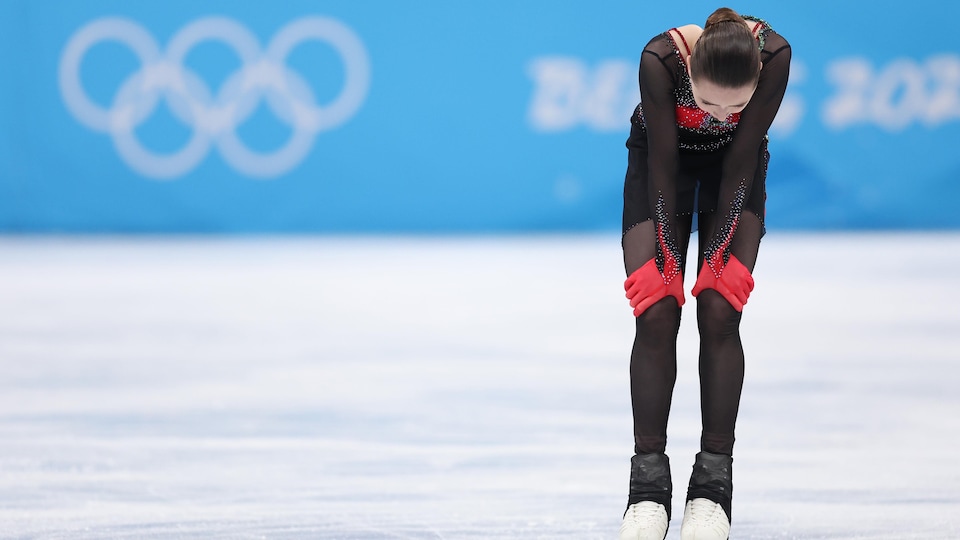Four months after the 2022 Games controversy, the International Skating Federation (ISU) on Tuesday raised the minimum age for athletes to 17 to compete in the senior category.
The debate over the very young age of athletes re -emerged during the Olympic Games in the case of Russian Kamila Valieva. A big favorite for the Olympic title at age 15, the young skater cracked under pressure after finding himself in the middle of a doping scandal.
The reform, endorsed by delegates from 100 countries at the ISU Congress in Phuket, Thailand, will be implemented in two stages. The minimum age will increase first to 16 during the 2023-2024 season and then to 17 from 2024-2025.
The goal is to prevent physical and mental injury to athletes whose high -level sports careers are often too short.
This is a historic decisiongreetings by ISU president Jan Dijkema.
Prior to the congress, the authority’s director general Fredi Schmid described the vote as Truth time. The credibility of the UIS will be tested. The press and the public will watch us closely.
The ISU stressed that raising the age limit was on its agenda even before the Valieva case and recognized its duty to safeguard the health of young athletes.
The reform has previously received the approval of the medical commission of the International Federation.
It is your moral obligation and duty to give young athletes the opportunity and time to develop the skills they need to succeed at the senior level.explained Dr. Jane Moran, who heads the medical commission. Athletes have the right to thrive as human beings during their youth. We don’t need these people to force them to compete.
According to a survey conducted by the ISU Athletes ’Commission on 1,000 skaters and coaches, 86% of them are in favor of raising the minimum age.
Figure skating is actually a demanding sport, where young athletes spend hours of repetitive training, jumping and pirouette, at the age that their bodies are still developing.
To succeed in triple or even quadruple jumps, a slender silhouette is also a definite advantage and after puberty, when the size changes, the jumps become more difficult to master. The athletes then found themselves on the sidelines, replaced by others, even younger ones.
In Russia, pride prevails
If age is raised, it is raised. We still winit is estimated that the former trainer became a consultant Tatiana Tarassova at the Russian agency TASS.
The decision is usually against usbinasted for his part former athlete Alexander Zhulin, Olympic medalist in ice dancing in 1994 and became coach.
It’s clear to everyone that at 15-16 our girls can’t be beat. Everything is against us now, he believes, so this decision is not surprising.
For 2014 Olympic champion Maxim Trankov, on the whole, the proposal is not the most correct or the most effective: only russian women can do quadruple jumps, at any agehe told the Ria Novosti agency.
For his part, German Norbert Schramm, former European champion, considered the proposal inadequate.
It is not enough
It’s a first step, but I don’t think it will do any good for the sport. It’s just missing. These 17 -year -old athletes have no place in professional sportshe told sports agency SID.
He wants to raise the minimum age at least 18 years old, preferably still 21 years old: physically, mentally, and also because of doping. Young athletes are too dependent on their environmenthe estimated.
During the debates, some representatives of smaller countries also argued that these changes would have a negative impact on their talent pool.
But other smaller skating countries, such as Iceland and Ireland, have stressed that the priority should be to protect athletes.
We must remember that they are children first, and athletes second.recalled the representative of Ireland.
France Media Agency
Source: Radio-Canada
